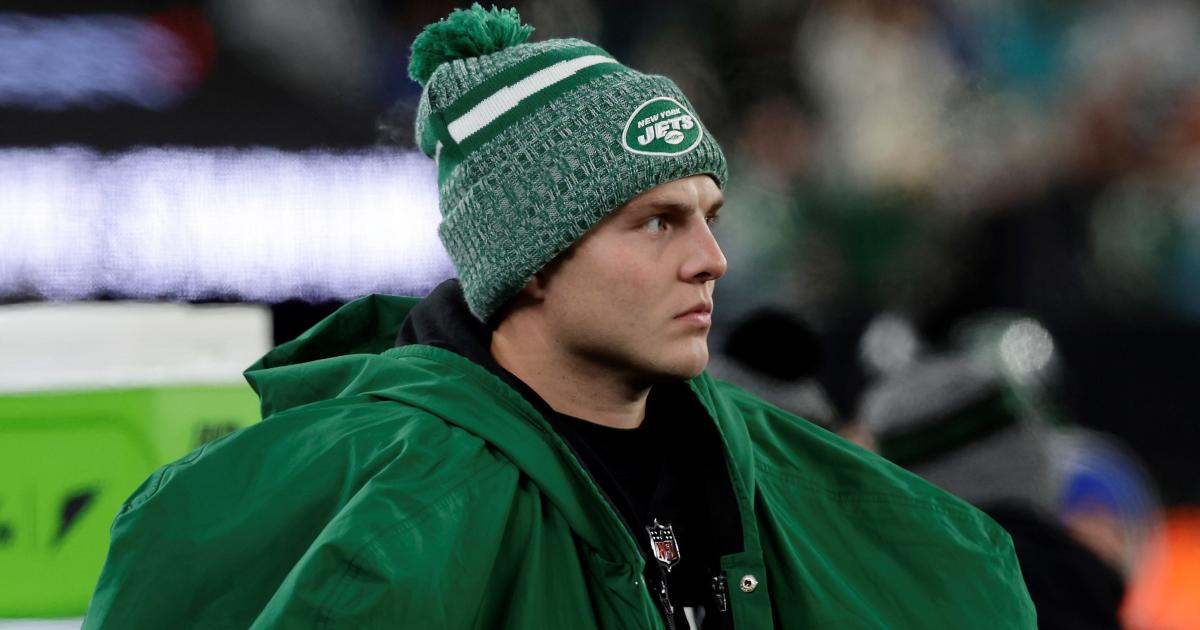Only Part Of Suit Against Mets Owners In Madoff Case Allowed To Proceed
NEW YORK (WFAN/AP) -- A judge said Tuesday that a trustee recovering money for investors who lost in jailed financier Bernard Madoff's Ponzi scheme "might well prevail" in efforts to recover some of nearly $300 million in fictitious profits he claims the owners of the New York Mets received from Madoff.
But U.S. District Judge Jed Rakoff said court-appointed trustee Irving Picard could only recover any of the $300 million he claims the Mets owners and their associates had received in principal in the two years before the fraud was exposed "by proving that the defendants willfully blinded themselves to Madoff's securities fraud."
Rakoff said Picard "might well prevail" in winning a judgment prior to a March 5 trial that the defendants must return some of the alleged fictitious net profits they received.
1010 WINS' Eileen Lehpamer With More On The Story
Podcast
"How to determine which profits the trustee can recover remains an open question," he said.
Rakoff's written decision cleared some legal clouds that had been hanging over the team since Picard brought a lawsuit seeking $1 billion from Mets owner Fred Wilpon and others executives. Lawyers for the Mets have repeatedly denied Picard's claim that executives should have known millions they collected from Madoff represented phony profits.
Rakoff said Picard can seek to recover up to $295 million in fictitious profits that he claims were paid out to the Mets' owners during the multi-decade fraud, but he added that he has not yet decided whether Picard can pursue the entire $295 million or only $83.3 million, an amount accumulated by the Mets' owners in the two years before a bankruptcy court filing occurred.
While Picard sought a return of $700 million in principal, Rakoff's explanation of the law appears to limit recovery of that money to the $300 million principal returned over a two-year period, and only with a showing of knowledge of the fraud on the owners' part.
Rakoff was skeptical Picard could prove the Mets' owners met the standard for the larger amount.
"But why would defendants willfully blind themselves to the fact that they had invested in a fraudulent enterprise?" he wrote in an 18-page decision. He said Picard claimed "it was because they felt they could realize substantial short-term profits while protecting themselves against the long-term risk."
He said Picard "while less than overwhelming in this regard, pleads sufficient allegations to survive a motion to dismiss so far as this claim of willful blindness is concerned."
Madoff revealed his fraud to federal investigators in December 2008 and pleaded guilty to charges several months later that resulted in a 150-year prison sentence, which he is serving in Butner, N.C. The fraud cost thousands of investors roughly $20 billion. In statements, Madoff had told them their investments had grown to be worth nearly $68 billion.
In a statement, Picard spokeswoman Amanda Remus said Picard and his lawyers were reviewing the decision.
"Prior to a thorough evaluation of the ruling, we have no comment," she said.
Sterling Partners, a business entity that includes the Mets owners, said in a statement that it was "pleased that the court today dismissed nine of the 11 counts in the trustee's complaint, and that the lone remaining count in which the trustee seeks to recover payments from the Sterling Partners is limited to a two-year period."
Lawyers for Mets executives have called Picard's lawsuit "a fiction." They insisted the defendants had no idea Madoff was not investing their money as he said he was.
According to court papers, the Mets executives used Madoff accounts in much the same manner as they might have used traditional bank accounts, depositing excess cash for short-term investment before withdrawing it for use in operating their businesses. The lawyers said the Mets would deposit cash received from Mets season ticket sales during the offseason with Madoff to maximize returns until the funds were needed a few months later to meet expenses.
Picard has filed more than 1,000 lawsuits seeking to recover billions of dollars lost by investors in Madoff's fraud. Picard has argued that investors such as the owners of the Mets owe large sums of money to other investors because they withdrew enough that they came out hundreds of millions of dollars ahead of their original investment.
The Mets' finances have become a distraction for the team this year. The club's cash-strapped owners announced in May that they had agreed to sell a minority share of the team to hedge fund manager David Einhorn for $200 million. But the deal fell through Sept. 1, and the Mets said they would seek to sell shares of up to $20 million to family members and other potential investors without risking the possibility of losing a controlling interest in the team.
(TM and Copyright 2011 CBS Radio Inc. and its relevant subsidiaries. CBS RADIO and EYE Logo TM and Copyright 2011 CBS Broadcasting Inc. Used under license. All Rights Reserved. This material may not be published, broadcast, rewritten, or redistributed. The Associated Press contributed to this report.)



